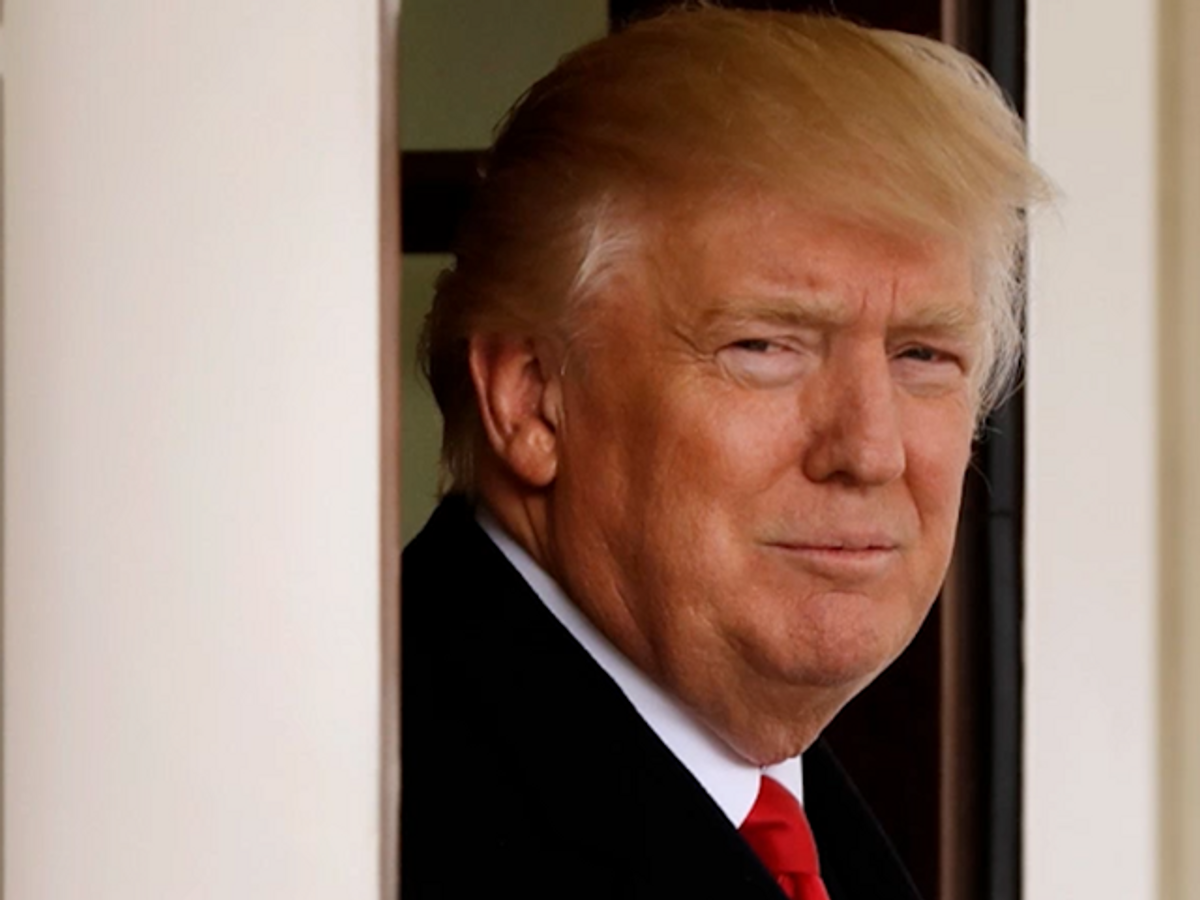Katrina vanden Heuvel, editor and publisher of The Nation — the left-progressive newsweekly that has been published continuously since 1865 — stopped by Salon’s New York studio this week to discuss her publication's recent special issue on “Trump and the Media.” It was published in collaboration with Columbia Journalism Review and guest edited by longtime media critic Mark Hertsgaard, author of “On Bended Knee,” a crucial study of the failures of the press under an authoritarian right-wing president. (Ahem, it was Ronald Reagan.)
As I said to vanden Heuvel when she arrived, Salon and The Nation are simultaneously competitors and allies. Faced with the unique challenges of the Donald Trump administration, many of us in the media need to learn to think that way. Our conversation took place on the same day as FBI Director James Comey’s highly anticipated testimony before the House Intelligence Committee, and vanden Heuvel had an interesting perspective to offer on what she called the “frenzy around the Russia-Trump connection.” She is a longtime expert on Russia who has covered political developments there for 35 years, six of them living in what was then the Soviet Union.
“There’s a bit of outraged innocence” in the American response to the alleged Russian hacking of Democratic Party computer systems, vanden Heuvel suggested. America has interfered in overseas elections on numerous occasions, including the dubious 1996 Russian election won by then President Boris Yeltsin, she said.
The “pileup of details” connecting Russia to the Trump campaign look incriminating and absolutely require investigation, vanden Heuvel said. But hard evidence remains lacking, and one result among liberals and progressives in the U.S. “has been a kind of neo-McCarthyism that has more to do with the media than with Trump.” Said vanden Heuvel:
People who seek to de-escalate tensions with Russia have been called Trump supporters or Putin apologists. People who question the Russian connections are called Trump supporters or Putin apologists. I think that’s really toxic for our discourse. There’s a long history in America of trying to demonize people who raise questions by linking them to foreign influence. I don’t that ends well for the progressive left. It empowers the worst and most militaristic forces, ravages budgets and closes space for dissent.
She also noted:
I fear some of it is displaced anger at an election that Hillary Clinton lost, and I think one needs to look deeply at the reasons why the Democratic Party lost the presidential election. Without that, one moves forward without real intelligence about what needs to be done.

Shares